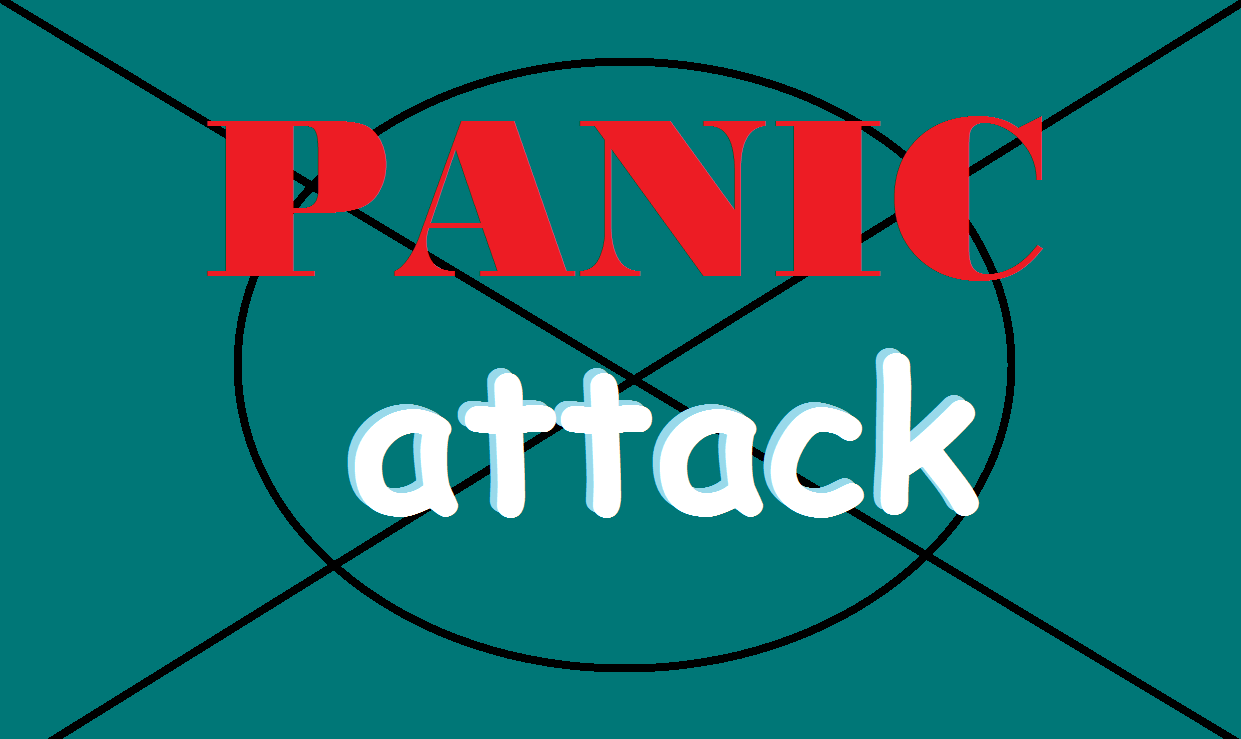MARCH 7, 2020 – Life is a big carnival ride that suddenly lost its power. Some of us are swinging in the very highest seats looking out over the carnival grounds as the sun’s light and warmth dip toward the horizon. Others of us are swinging upside down, growing more nauseous by the minute. A few of us are in seats that just left the loading platform—the ground so close but oh, so far away. More of us stand in line, tickets in hand, yelling for refunds and hoarding corn dog condiments. No one knows when power will be restored.
Meanwhile, we panic—over the virus or the panic itself. We criticize the carnival operators for the loss of power . . . or we blame the Pooper Party for having yanked the cord. Irrespective of our individual reactions, none of us can avoid the upheaval that now unfolds. If the path of the pathogen can be examined scientifically and mathematically, the decision to cancel a conference, a vacation, a business investment turns on fear. All lives are now in limbo, as markets shed $3 trillion in wealth and the laws of panic gravity play out.
Perhaps, though, we’re learning the importance of math and science for every single one of us; the value of good, competent, coordinated government (CDC, NIH, state and local health departments, not to mention the W.H.O.) for rational responses to acute, as well as chronic risks; the consequences for all of us, when we’d sooner pay billions on the military (not to mention football) than on public health; the cost to all of us, when all of us don’t have affordable access to adequate health care. And we’re learning the economic impact of the market’s inability to price the cost of not providing sick leave pay or, for that matter, base minimum income (remember this the next time you order fast food where minimum wage workers are coughing and sneezing).
Whether we consume FoxGoebbels, CNN’s “BREAKING (PANIC) NEWS,” or no news, our retirement funds are tanking, just the same. Right or wrong, right or left, we’re witnessing events that will alter political psyches and perspectives. Just as 9-11 changed our world view, so will our view of the carnival ride change once the power is restored. This won’t be the last or the most serious of epidemics. (Reminders: Crowded, exotic, meat markets in China haven’t closed; world population in excess of 7.5 billion; daily commercial flights ferrying millions of passengers; perennial killer flu; and killer bugs identified—and not—each year by the strained resources of the CDC.)
In any event, when the current crisis passes, we’ll be back to the biggest health crisis in history: climate change—humanity’s equivalent of the complacent frog in a pot of comfortably warm water on a burner turned to “high.”
But will we learn from this? Will we emerge with a sense of urgency and rationality? Meanwhile, if you’re feeling nauseous on the ride, hang on—we’ll have a million test kits by . . .
(Remember to subscribe to this blog and receive notifications of new posts by email.)
© 2020 by Eric Nilsson
